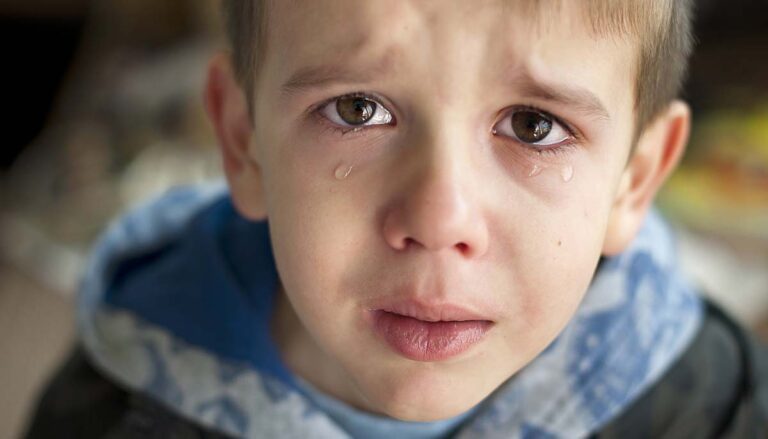The practice of spanking children is nearly universal from ancient history until now, but a new major study found physical punishment doesn’t appear to improve a child’s behavior for the better, but in fact, makes it worse.
Researchers found that spanking not only causes children to act out in negative ways, but it also can affect their cognitive and learning abilities.
New study: Spanking causes lasting harm to children
The results of the study published this week in the medical journal Lancet, concluded that spanking and other forms of physical punishment made a child’s behavior worse, not better, creating additional external problem behaviors over time.
The major result of the study found that children under 16 who underwent physical punishment were more likely to demonstrate “increased aggression, increased antisocial behavior, and increased disruptive behavior in school.”
20 years of multi-nation data: Excluded verbal and child abuse
Researchers looked at studies from all around the world, including the US, Canada, China, Colombia, Greece, Japan, Switzerland, Turkey and the United Kingdom to measure the impact of physical punishment and its outcome, CNN reported.
A massive amount of data on spanking was considered. Researchers reviewed 69 studies conducted over the past 20 years from
In order to not skew the results, the study excluded verbal and any type of punishment that was “severe,” anything that would be characterized as child abuse.
What researchers concluded about spanking
While the practice of spanking has been universal throughout history, researchers found that the negative effect spanking has on children is also universal.
The occurrence of acting out among those children who received physical punishment was consistent no matter the child’s sex, race or ethnicity, the study found.
Spanking causes real harm
Researchers found in one study, done in Columbia in South America, that young children who had been physically punished gained “fewer cognitive skills” then those who had not been spanked.
“Dose-response effect”
Repeated physical punishment can create what researchers called a “dose-response effect.” Meaning, there was a direct correlation between the frequency of physical punishment and an increase in a child’s negative behavior over time. In other words: More spankings, the worse outcome. Researchers found this effect in 5 out of 7 studies.
Spanking is banned in most European countries
The study is renewing calls by experts in the UK for the practice of spanking to be banned there and in Northern Ireland, the Daily Mail reported. England remains one of only four countries in Europe where physical punishment is legal, which also includes Italy, Switzerland and the Czech Republic. The practice is illegal in 62 countries.





